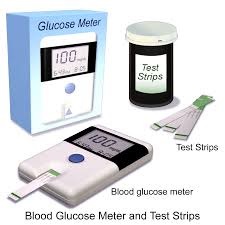 Did you know that November is Diabetes Awareness Month?
Did you know that November is Diabetes Awareness Month?
Diabetes is a complicated chronic disease that affects many systems within the body, including your teeth and gums.
What are important facts to know about diabetes and dental health?
- Poorly managed blood glucose levels (your sugars) put you at greater risk for gum disease and tooth decay.
- It goes both ways. Not only does diabetes cause periodontal disease, but rampant periodontal disease can lead to higher glucose levels.
- If you notice bleeding gums, this is an early sign of periodontitis (gum disease). Make an appointment to see your dentist right away, so you can begin treatment before more serious issues including gum erosion and tooth loss develop.
- Diabetics are also at risk for other mouth problems: dry mouth, fungal infection (thrush) and mouth sores that are slow to heal. If you experience these systems (a sore area of the mouth that doesn’t heal, a funny taste in your mouth or continuous dry mouth), see your dentist right away.
- Diabetics have to be hyper-vigilant about brushing their teeth and flossing.
- Diabetics, because of their heightened risk of gum inflammation, should use the softest bristled toothbrushes available and brush in gentle circles. Ask your dental hygienist and dentist to observe you as you brush, so they can help refine your technique.
- Make sure you tell your dentist and hygienist if you are diabetic, so they can be a part of your overall health care team.
Monitor your blood glucose as directed, watch your carbohydrate intake and exercise regularly to maintain a healthy weight. All of these will lead to better-controlled diabetes, which in turn can positively affect your oral health.